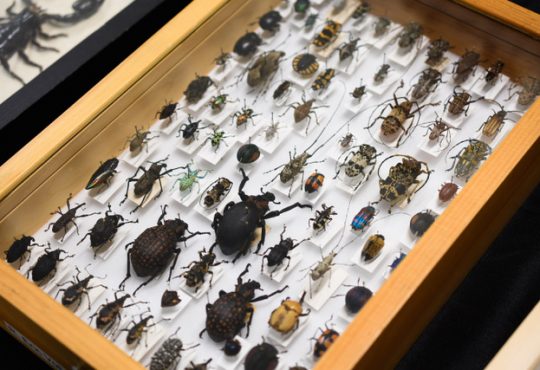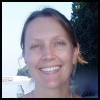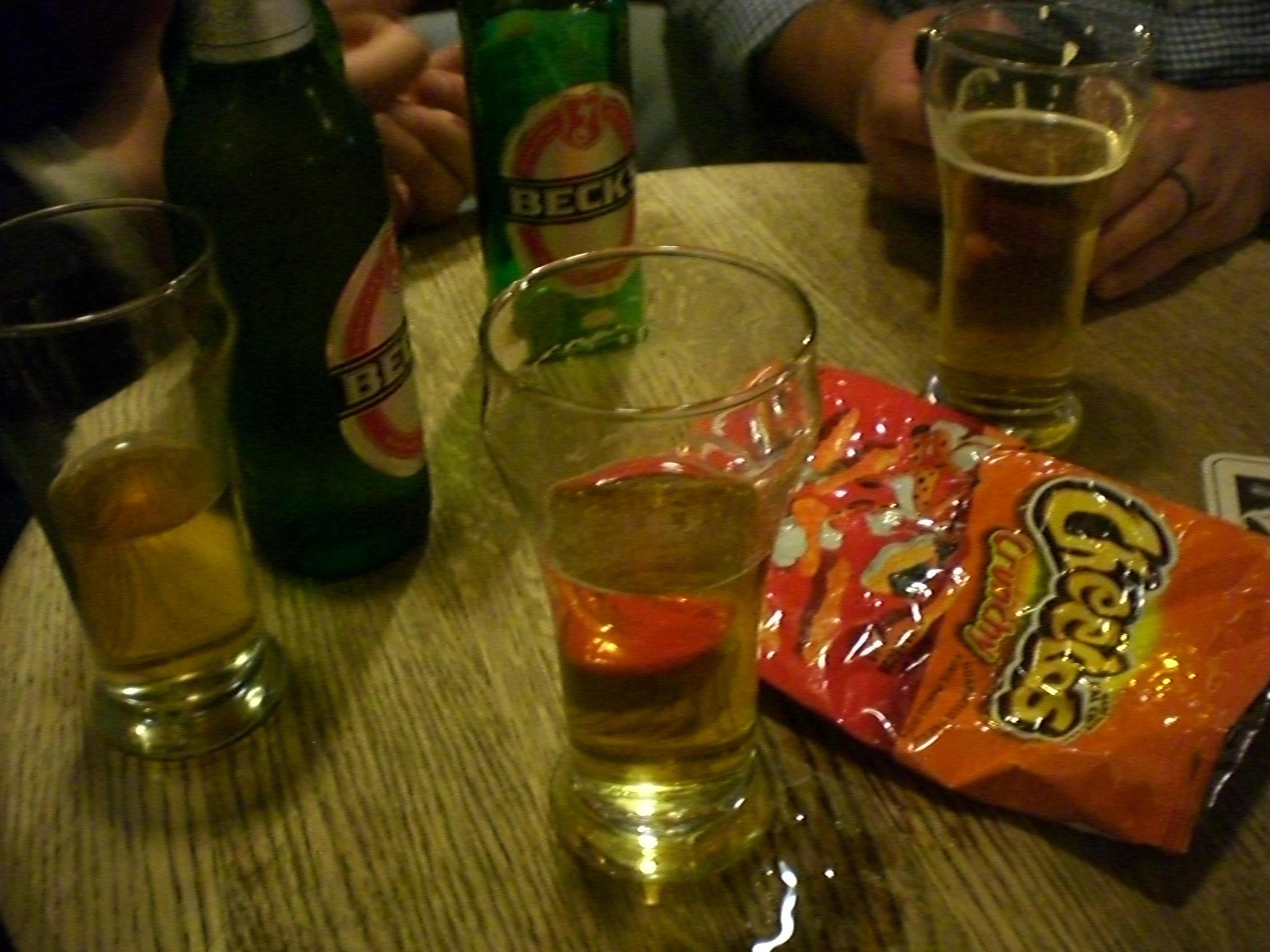
University of Puget Sound’s long-standing tradition since the late 1970s, the Thompson Hall Science and Math Seminars, is still prominent in 2018. Every Thursday at 4 p.m., in Thompson 175, students and faculty gather to learn about a wide range of different science and math topics. Students, faculty and occasional guests speakers present on their research or topics of interests within the realms of science and math.
The seminars are generally lecture-based; students and faculty ask clarification questions during the presentation. At the end of the hour-long seminars, attendees stay to continue asking questions and to discuss the topics. Most of the audience is science or math-oriented, and many of the talks require some understanding of scientific and mathematical ideas.
On Thursday, Nov. 1, a large group of students and faculty gathered in Thompson 175. Most of the seats in the lecture hall were filled. There was a diverse group of students and faculty.
Thursday’s seminar was about climate change. Professor Steven Neshyba of the chemistry department and geology professor Barry Goldstein presented on the subject together. They delved into some of the hard science of climate change, and Neshyba presented graphs displaying the changing patterns in climate. His part of the presentation was reliant on chemistry-based language, but he was ultimately able to present information in a style accessible to those without a chemistry background.
Following Neshyba’s first half of the presentation, Professor Goldstein spoke about some of the more geological effects of climate change. He showed images of how ice has melted in the Arctic and shared graphics that projected what the climate would look like in 2050, talking about how weather patterns will change drastically. Goldstein concluded his presentation by thanking the audience and asking them to vote.
Neshyba and Goldstein’s seminar was characterized by the large audience, but also by a sense of unity and interest. The audience was vocal and keen on participating, encouraged by the curious and humorous atmosphere of the seminar.
According to Deanna Wilcox, a senior at Puget Sound majoring in Biology and Science, Technology and Society (STS), this particular seminar was better-attended than most that she had been to. “It was more full definitely. It was the first thing I noticed when I walked in,” she said. When prompted about why she attended this particular seminar, she talked about its relevance in her academic life: “I talk about climate change in all my classes,” she said.
Professor Goldstein spoke about potentially starting a series of seminars around climate change. According to him, there is increased discussion of the topic on campus, and demand seems to be there.
The Thompson Hall seminars serve a larger function on campus, for they present an opportunity to participate in the type of learning that Puget Sound and other liberal arts colleges promote. The seminars represent learning across boundaries, even within science and math.
“I like it for me personally because it broadens my understanding of sciences,” Neshyba said. “I’m a better teacher if I understand what my colleagues are teaching.” Within Thompson, many different disciplines are represented, so the opportunity for students and faculty to reach outside of their tracks is considered important.
“Anybody can go to these talks,” Neshyba said, expanding on the idea that these seminars promote learning across many fields of study. Of course, the talks are generally presented with a science- and math-heavy rhetoric and geared towards a STEM-focused audience. But students and faculty from any subject are welcome to join.
Goldstein suggested that it may even be more beneficial for non-STEM students to join in the seminars. “The idea is that no matter what your major or your area of interest is, you should go out and try as much as possible. Try to hear, understand what people have to say,” Goldstein said, reinforcing the central aspects of liberal arts learning. “The further away it is from the things that you normally do in class … in a sense it’s even more important,” he said, touching on the value of learning things beyond your comfort zone.
According to both Goldstein and Neshyba, the audiences seem to identify as mostly Thompson students and faculty. Interdisciplinary learning is not lost with this self selection; geology students learn from chemistry-oriented talks, and physics students can learn from biology seminars.
The Thompson seminars are an opportunity for students and faculty to learn and practice curiosity. They allow students and faculty to gain experience in interdisciplinary learning. This tradition seems to benefit both the students and faculty of Puget Sound, as it continues through its 40th year on campus. It seems that the seminars have been strongly institutionalized and will continue far into the future of Puget Sound.



